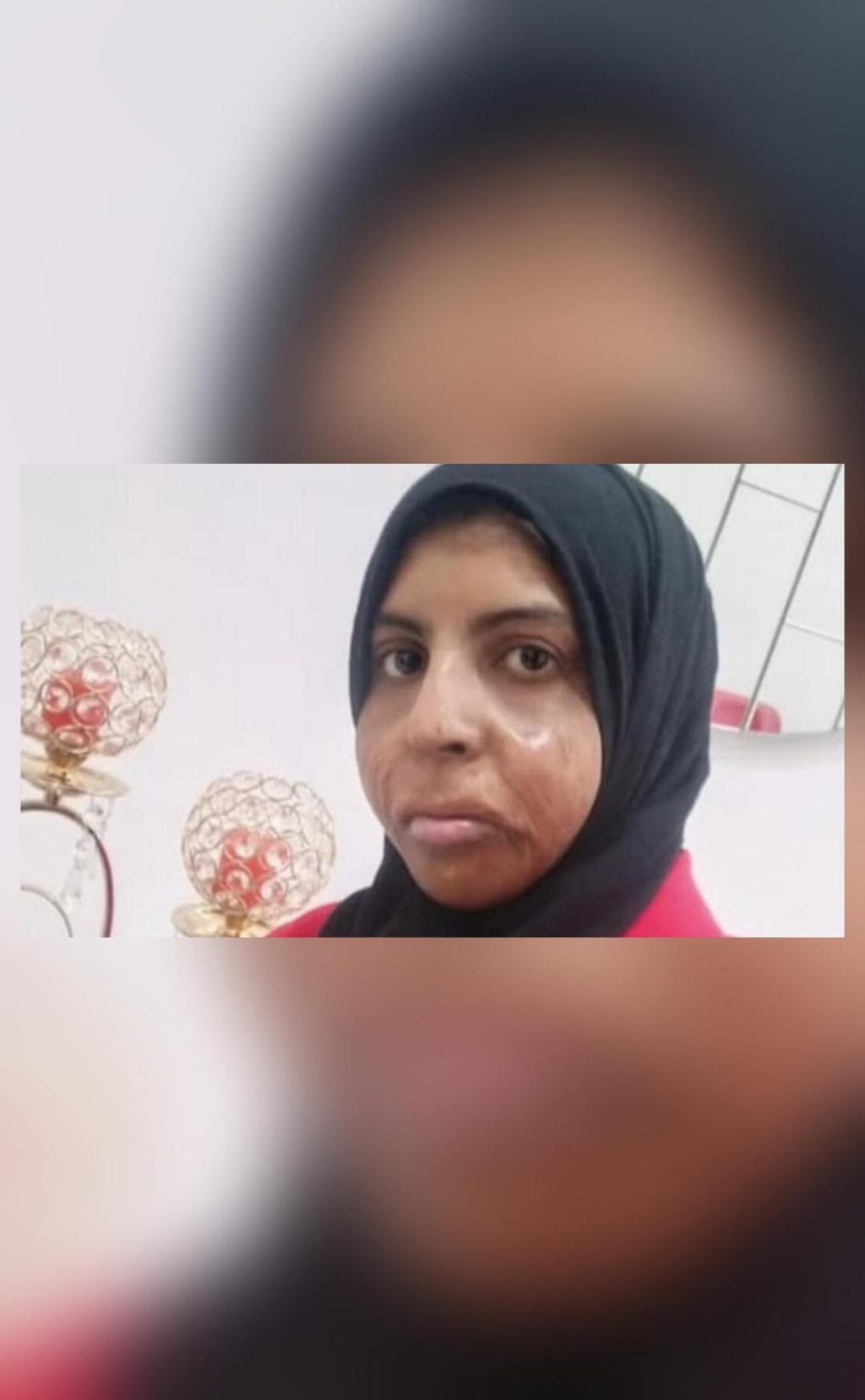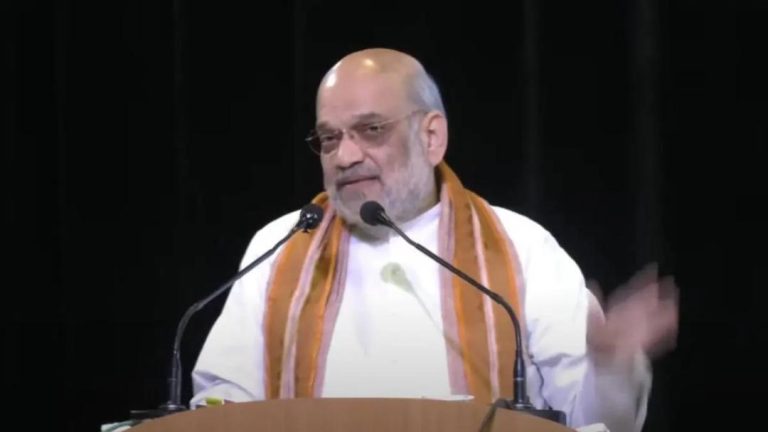
Title: Father of UP Woman on Death Row in UAE Seeks MEA Intervention
In a heart-wrenching appeal, the father of Shahzadi Khan, a 35-year-old woman from Uttar Pradesh who is facing a death sentence in the United Arab Emirates, has approached the Delhi High Court seeking the Ministry of External Affairs’ (MEA) intervention. The father, who wishes to remain anonymous, has requested the court to direct authorities to issue a bulletin and obtain exact information on his daughter’s legal status and well-being.
Shahzadi Khan, who was working as a nurse in the UAE, was arrested and charged with the murder of a child who was under her care. According to reports, the child, who was around 3 years old, was found dead in her apartment, and an investigation revealed that Shahzadi was the prime suspect. Despite her protests of innocence, she was convicted and sentenced to death by the UAE court.
The father, who has been fighting to clear his daughter’s name, has claimed that the investigation was biased and that there was no concrete evidence to prove her guilt. He has also alleged that the UAE authorities have been uncooperative in providing information about his daughter’s case and has not allowed him to meet her or receive any updates on her condition.
In his petition, the father has requested the Delhi High Court to issue a direction to the MEA to take up his daughter’s case and to ensure that all possible efforts are made to obtain the exact information about her legal status and well-being. He has also requested the court to direct the MEA to take up the matter with the UAE government and to ensure that his daughter’s rights are protected.
The father’s appeal has sparked widespread outrage and concern among human rights activists and supporters of Shahzadi Khan. Many have taken to social media to express their solidarity with the family and to demand justice for Shahzadi.
The case has also highlighted the concerns about the treatment of Indian nationals in the UAE, particularly women who are often subjected to harsh punishments for crimes that may not be considered as serious in India. The UAE has a reputation for being a strict and conservative country, and its laws are often criticized for being harsh and unfair.
The UAE has a history of imposing harsh punishments, including death sentences, for crimes such as drug trafficking, murder, and adultery. While the country has a reputation for being a tourist destination and a hub for business and commerce, human rights activists have long been critical of its human rights record.
In recent years, there have been several cases of Indian nationals being sentenced to death in the UAE for crimes that may not be considered as serious in India. The UAE has a reputation for being a strict and conservative country, and its laws are often criticized for being harsh and unfair.
The case of Shahzadi Khan is just the latest example of the concerns about the treatment of Indian nationals in the UAE. Her father’s appeal to the Delhi High Court and his request for MEA intervention highlight the need for the government to take a more proactive role in protecting the rights of Indian nationals abroad.
The MEA has a responsibility to ensure that Indian nationals are treated fairly and justly in foreign countries. The government has the power to negotiate with foreign governments and to ensure that Indian nationals are given a fair trial and are treated in accordance with international human rights standards.
In Shahzadi’s case, the MEA has a critical role to play in ensuring that she is given a fair trial and that her rights are protected. The government should take immediate action to intervene in her case and to ensure that she is given a fair and just sentence.
In conclusion, the case of Shahzadi Khan is a stark reminder of the concerns about the treatment of Indian nationals in the UAE. Her father’s appeal to the Delhi High Court and his request for MEA intervention highlight the need for the government to take a more proactive role in protecting the rights of Indian nationals abroad. The MEA has a critical role to play in ensuring that Indian nationals are treated fairly and justly in foreign countries, and it is essential that the government takes immediate action to intervene in Shahzadi’s case.





